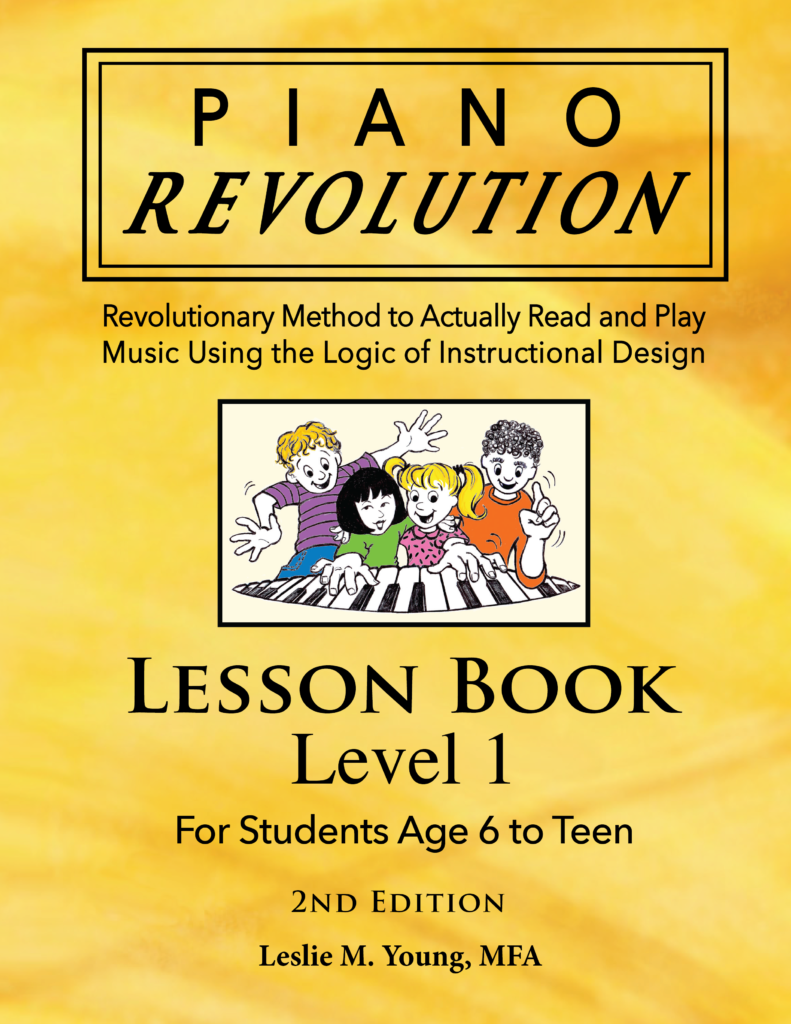Better to read music instead of “playing by ear?”
In my opinion, “playing by ear” is a heaven-sent gift. Alas, I do not possess but a bit of it. However, when one can sight-read music, the world’s library is open to you – at least to your skill level of the moment.
“Playing by ear” is the ability of a musician to reproduce music that has been heard but not seen in written form, and it is certainly a desirable skill. It is also an enhancement to music composition and general performance. There are “cheat books” that have just melody lines and the accompanying chord symbols, and if the pianist is knowledgeable in reading both, a very elaborate performance can be produced that can be quite satisfying.
However, the melody notes must be read and the construction of the chord needs to be understood – so a person is still reading music to a degree.
Watch Stevie Wonder play by ear:
Are there shortcuts to learning to read music? Are there shortcuts to learning a language? There are a few things one can do to recognize a note or a word immediately, without thinking, such as rote learning or whole-word reading. But in order to learn the entire written or music language, a person needs to learn the associated rules and procedures.
Because the Revolutionary Piano Method is structured on the principles of Instructional Design, there does not seem to be a simpler way to learn the language of music. If followed as written, in a relatively short period of time the learner will truly be sight-reading notation – “really reading the notes!”
For the majority of us, a relatively few songs could be played by ear, but it is pure joy to be able to open any music book of interest and play at random – just like being able to read the words of any book written in your native language. So, the short answer is, if I have a choice, I would definitely want to be able to read and perform music.

What Would the First Lesson for a Young Student Look Like?
What Would the First Lesson for a 6 to Teen Look Like (video)?
View sample pages of all the books for students
ages 6 to teen:
View sample pages of all the books for students
4 to 5 years old:
View sample pages of all the books for older
teens and adults:






